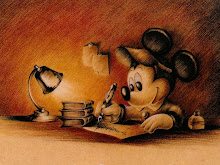Dong Zhi Festival or Winter Solstice Festival is one of the most important festivals celebrated by the Chinese around December 22 when sunshine is weakest and daylight shortest. The origins of this festival can be traced back to the yin and yang philosophy of balance and harmony in the cosmos. After this celebration, there will be days with longer daylight hours and therefore an increase in positive energy flowing in.
Traditionally, the Dong Zhi Festival is also a time for family to get together. One activity that occurs during these get togethers is making and eating of tang yuan or balls of glutinuous rice, which symbolize reunion. Each family member receives at least one large tang yuan in addition to several small ones. It is often served with a mildly alcoholic unfiltered rice wine containing whole grains of glutinuous rice called jiu niang.

Rolling of tang yuan.

Jiu Niang is a sweet soup made by fermenting glutinous rice with starter.

Tang yuan made in different colour.
In northern China, people typically eat dumplings on this day. It is said to have originated from Zhang in the Han Dynasty. On one cold winter day, he saw the poor suffering from chilblains on their ears. Feeling sympathetic, he ordered his apprentices to make dumplings with lamb and other ingredients, and distribute them among the poor to keep them warm, to keep their ears from getting chilblains. Since dumplings were shaped like ears, Zhang named the dish as "qu han jiao er tang" or dumpling soup that expels the cold. From that time on, it has been a tradition to eat dumplings on this day.

Dumplings made in ear-shaped.





0 comments:
Post a Comment